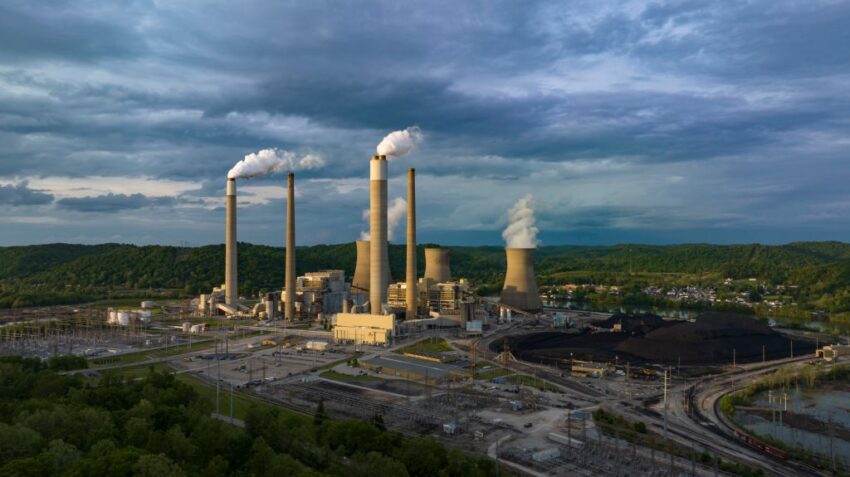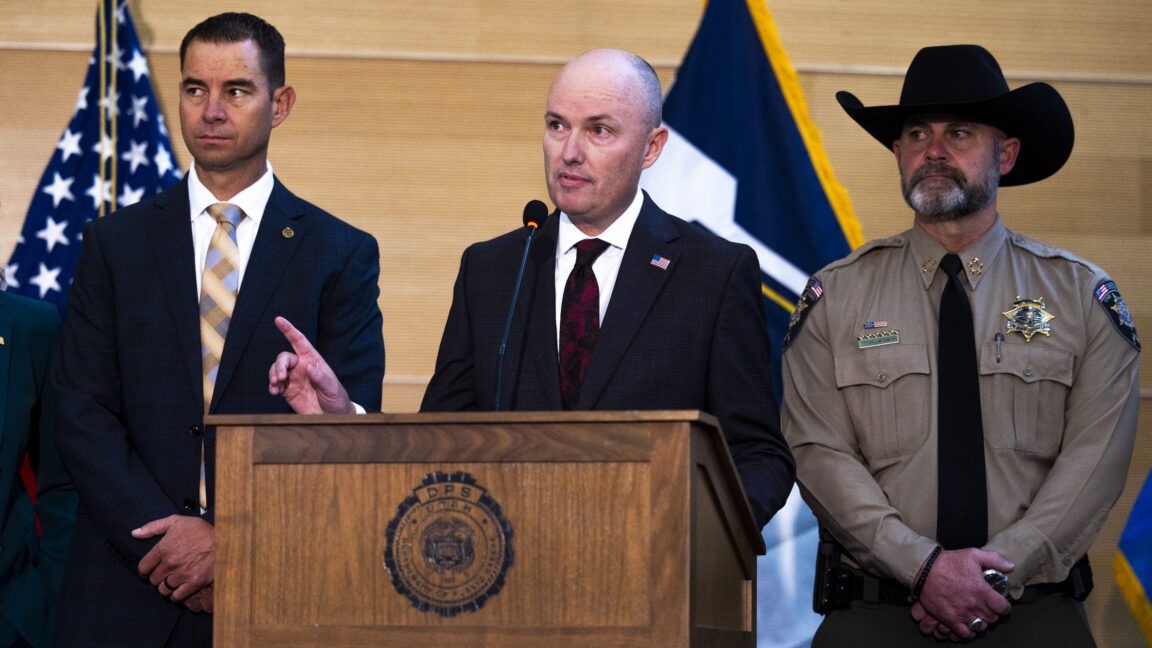
feds try to dodge lawsuit against their The Department of Energy is facing scrutiny over a controversial climate report, which has led to a legal challenge regarding its preparation and the involvement of fringe scientists.
feds try to dodge lawsuit against their
Background on the Climate Report Controversy
The issue at hand stems from a draft report prepared by the Department of Energy (DOE) during the Trump administration. This report, which has been criticized for its reliance on fringe scientists, questions the established understanding of climate change. While the scientific community overwhelmingly agrees that climate change poses significant risks to the environment and public health, the report’s findings diverged sharply from this consensus.
In recent years, the Trump administration has often dismissed climate change as a “scam,” a characterization that has been met with widespread criticism from scientists and environmental advocates. Despite the administration’s rhetoric, substantial evidence continues to mount, illustrating the tangible impacts of climate change on the United States and the world. From rising sea levels to increased frequency of extreme weather events, the consequences of climate change are becoming increasingly evident.
The Draft Report’s Flaws
The draft DOE report has been described as “shoddy” and “questionable,” with an analysis of its shortcomings spanning over 450 pages. Critics argue that the report cherry-picked data and relied on questionable methodologies, leading to conclusions that are not only misleading but also potentially harmful. The report’s preparation involved a small group of individuals with known ties to climate skepticism, raising concerns about the integrity of the scientific process.
Among the criticisms, the report has been accused of ignoring a vast body of peer-reviewed research that supports the reality of climate change. This selective approach to evidence undermines the credibility of the findings and raises ethical questions about the motivations behind the report’s creation.
Legal Challenges and Implications
The controversy surrounding the draft report has escalated into legal challenges. A lawsuit has been filed alleging that the preparation of the report violated federal laws governing the activities of advisory panels. These laws are designed to ensure transparency and accountability in the advisory process, particularly when it comes to significant issues like climate change.
In an effort to sidestep the lawsuit, the DOE has claimed that it dissolved the committee responsible for the report, arguing that this action renders the lawsuit moot. This move has been met with skepticism from legal experts and environmental advocates, who argue that simply disbanding the committee does not absolve the DOE of responsibility for the report’s content or the process by which it was created.
Stakeholder Reactions
The response to the DOE’s actions has been mixed, with various stakeholders weighing in on the implications of the report and the subsequent legal challenges. Environmental groups have expressed outrage over the report’s findings and the manner in which it was prepared. They argue that the DOE’s actions reflect a broader trend of undermining scientific consensus on climate change.
In contrast, some Republican lawmakers have defended the report, framing it as a necessary counterpoint to what they view as alarmist narratives surrounding climate change. Members of the House Committee on Oversight have announced an investigation into the National Academies of Sciences, which has committed to preparing a report on the current state of climate science in response to the DOE’s draft. This investigation has been characterized by some as an attempt to discredit the scientific community’s efforts to address climate change.
The Role of the National Academies of Sciences
In light of the controversy surrounding the DOE report, the National Academies of Sciences has stepped in to provide a more comprehensive overview of the current state of climate science. This initiative aims to clarify the scientific consensus and provide policymakers with accurate information to inform their decisions. The National Academies’ involvement underscores the importance of relying on credible scientific research when addressing complex issues like climate change.
However, the response from Republican lawmakers has raised concerns about the politicization of science. By launching an investigation into the National Academies, some members of Congress appear to be attempting to undermine the credibility of scientific institutions that are working to provide objective assessments of climate change. This dynamic reflects a broader struggle over the narrative surrounding climate science and the role of government in addressing environmental issues.
Implications for Climate Policy
The ongoing controversy surrounding the DOE report and the subsequent legal challenges have significant implications for climate policy in the United States. As the nation grapples with the realities of climate change, the need for sound, evidence-based policy decisions has never been more critical. The politicization of climate science threatens to hinder progress in addressing environmental challenges and could have lasting consequences for public health and safety.
Moreover, the legal challenges faced by the DOE highlight the importance of transparency and accountability in the federal advisory process. Ensuring that scientific assessments are conducted in a rigorous and impartial manner is essential for maintaining public trust in government institutions and their ability to address pressing issues like climate change.
Conclusion
The controversy surrounding the Department of Energy’s draft climate report serves as a stark reminder of the ongoing struggle over climate science in the United States. As legal challenges unfold and stakeholders respond to the implications of the report, the need for credible scientific research and evidence-based policy decisions remains paramount. The actions of the DOE and the responses from various stakeholders will shape the future of climate policy and the nation’s ability to effectively address the challenges posed by climate change.
Source: Original report
Was this helpful?
Last Modified: September 13, 2025 at 3:38 am
0 views















